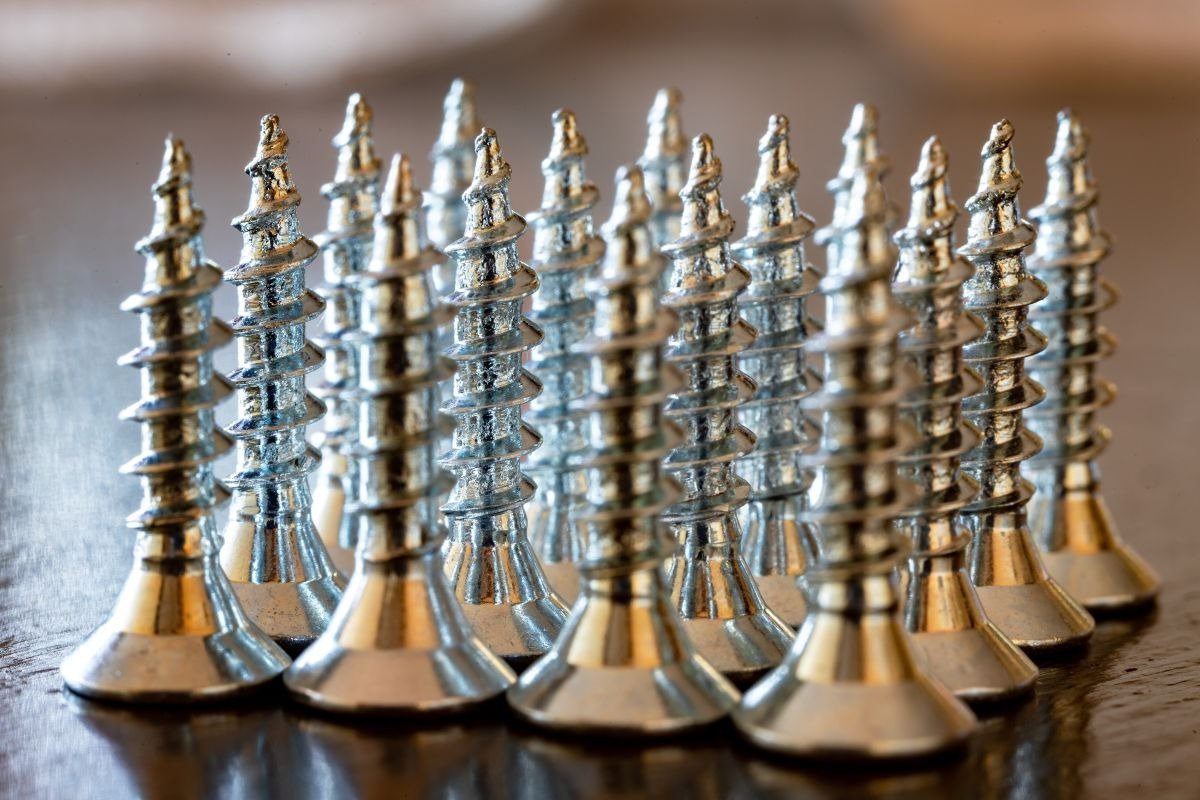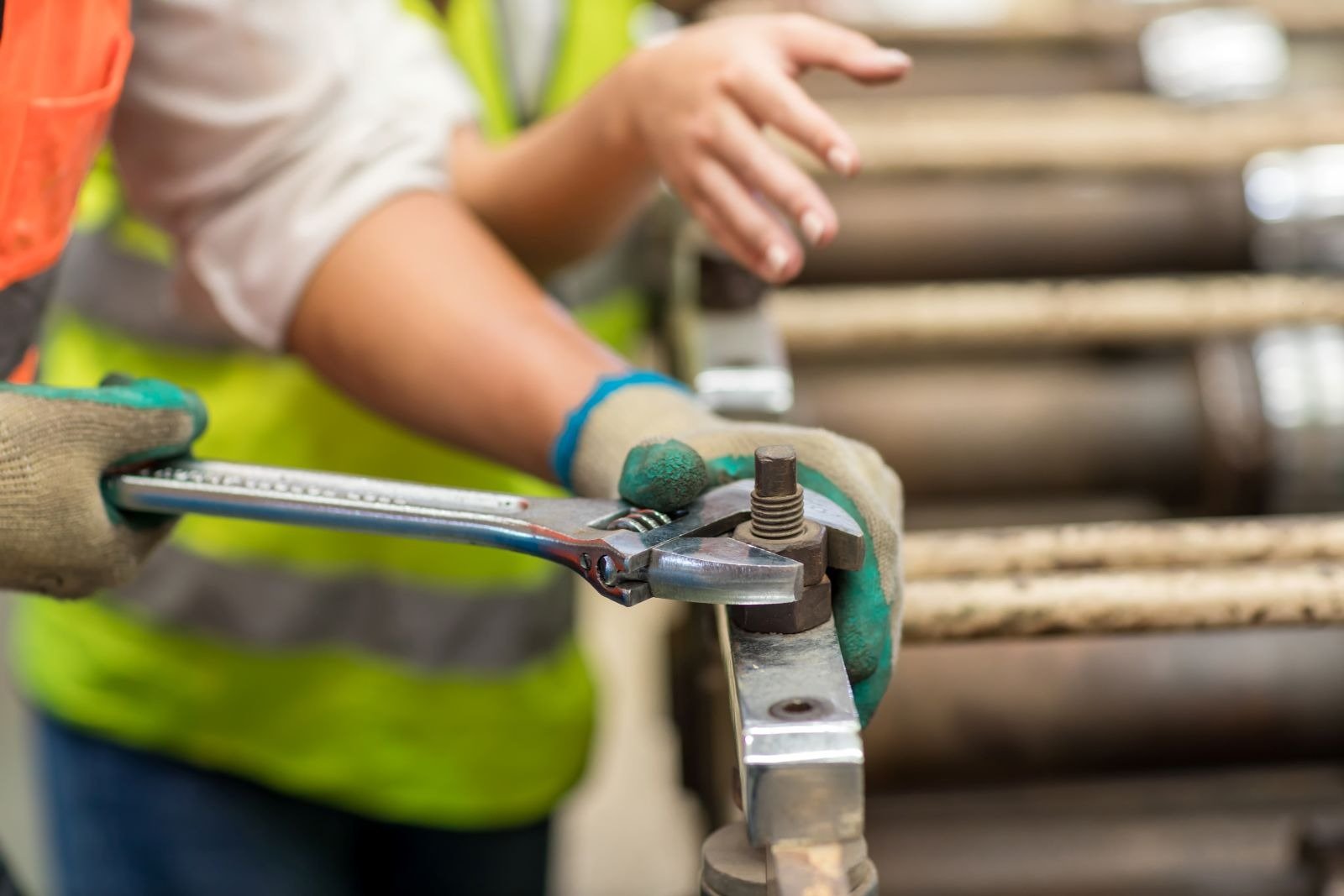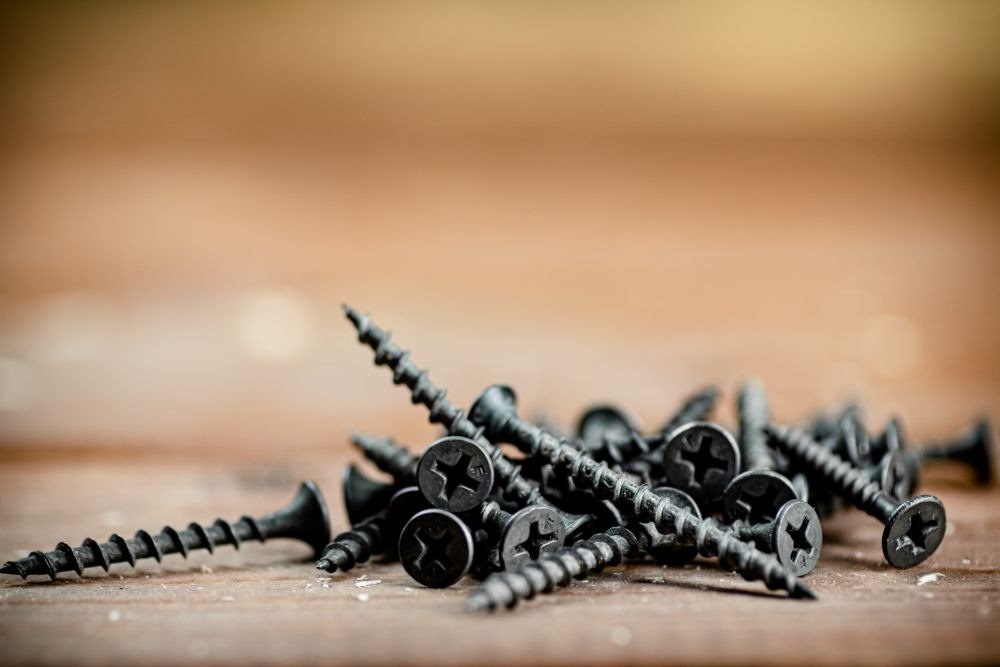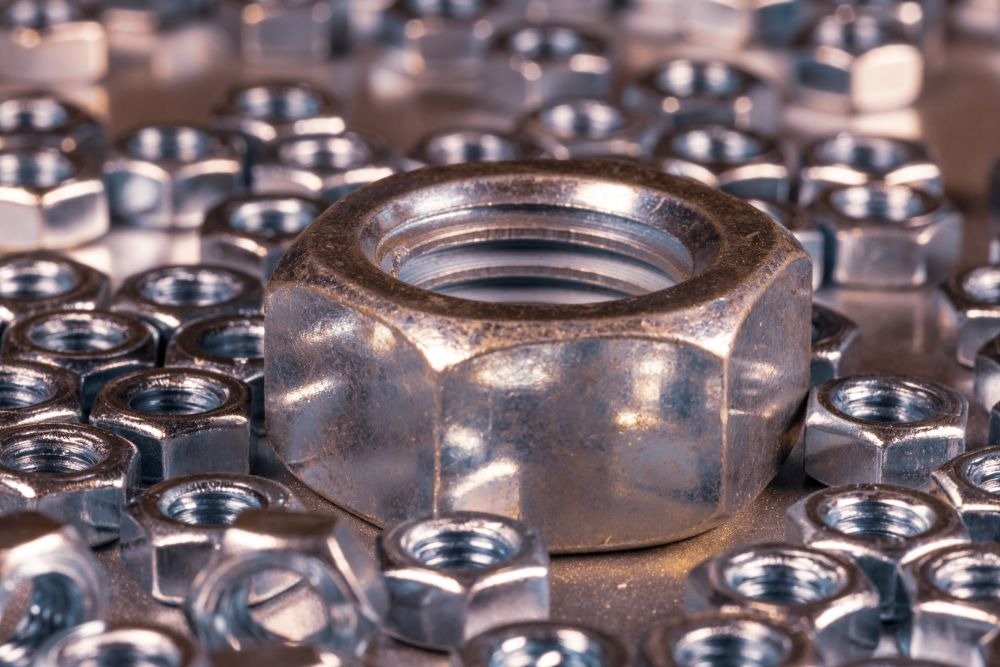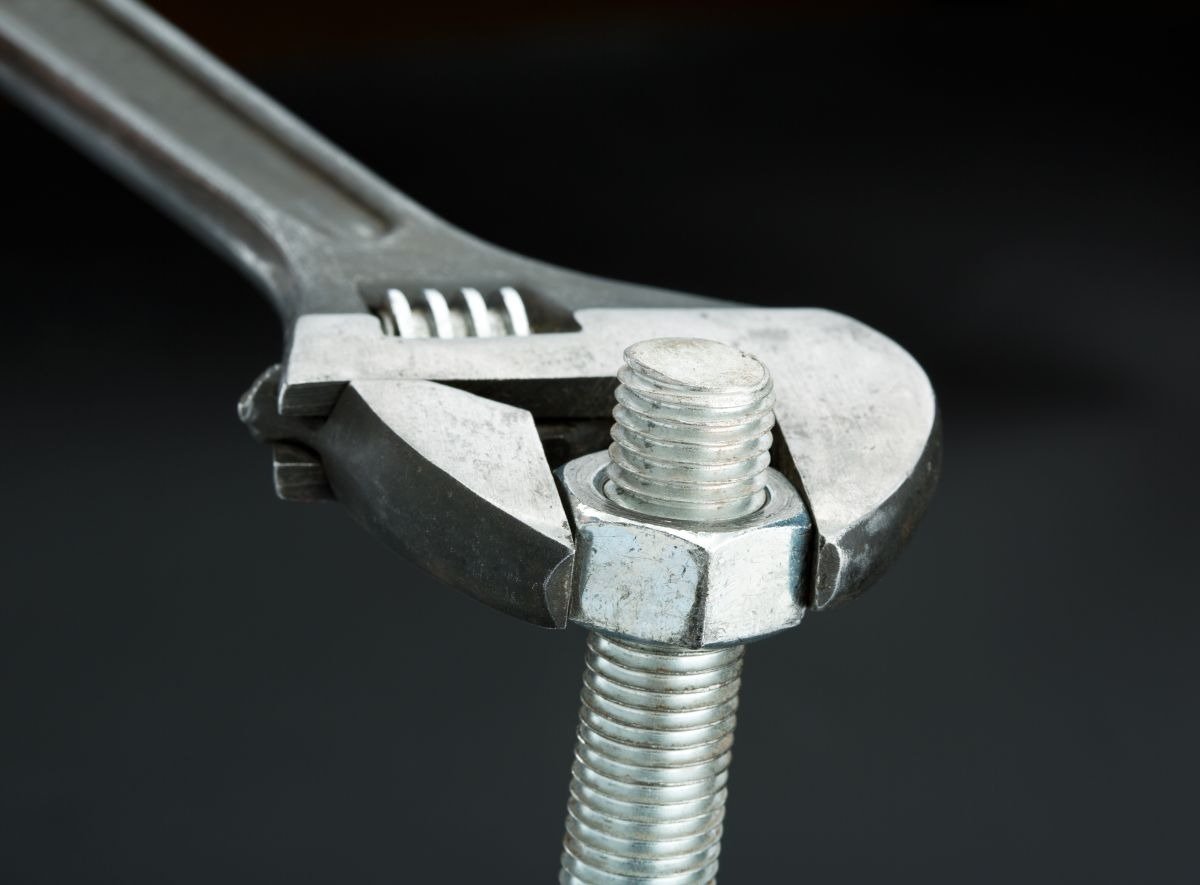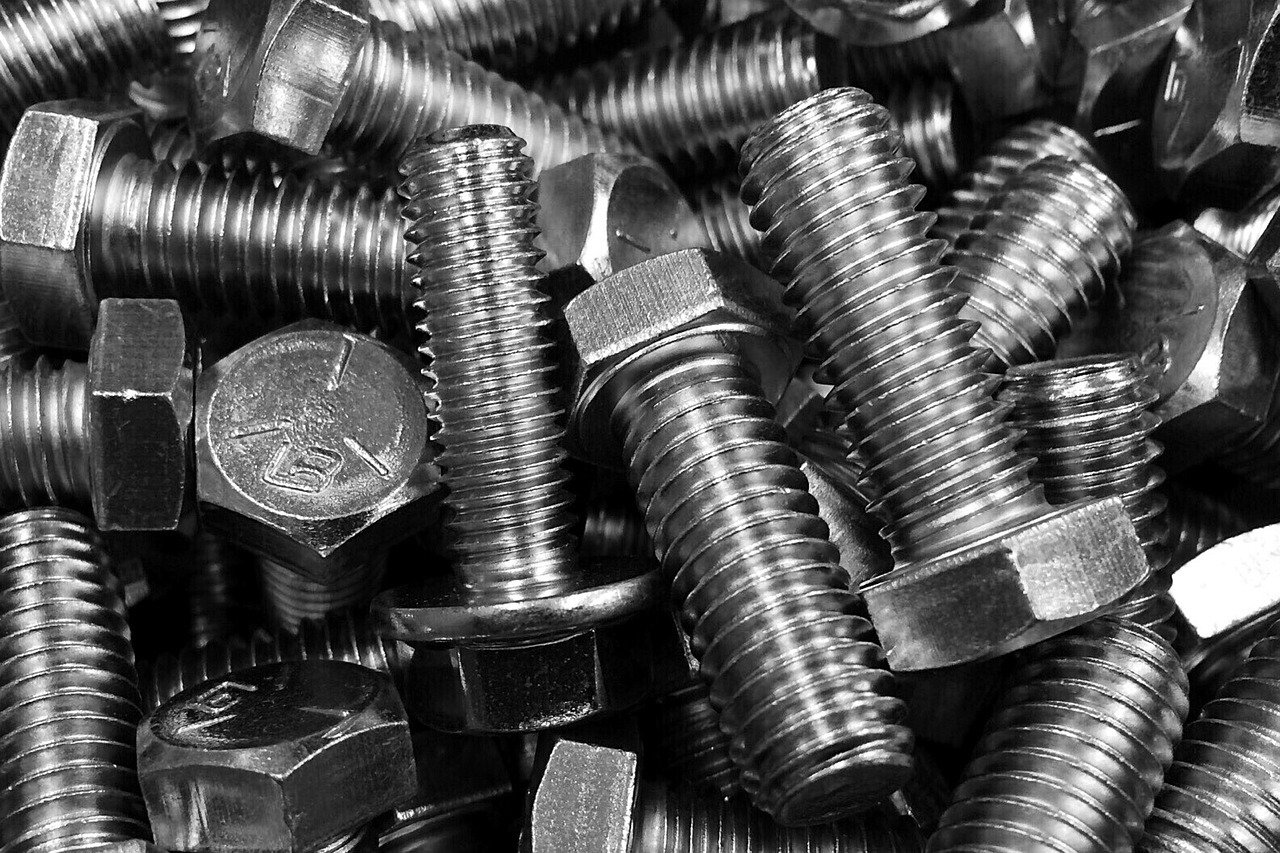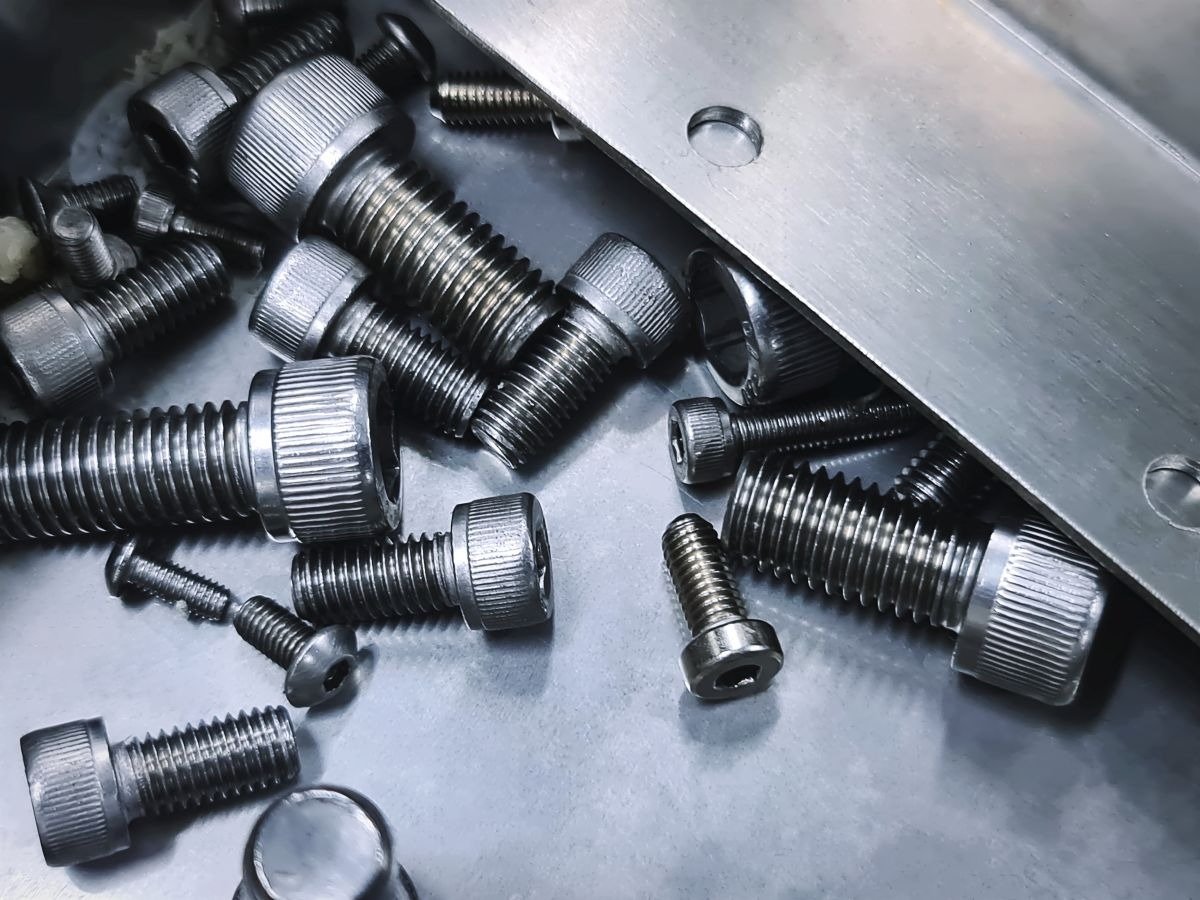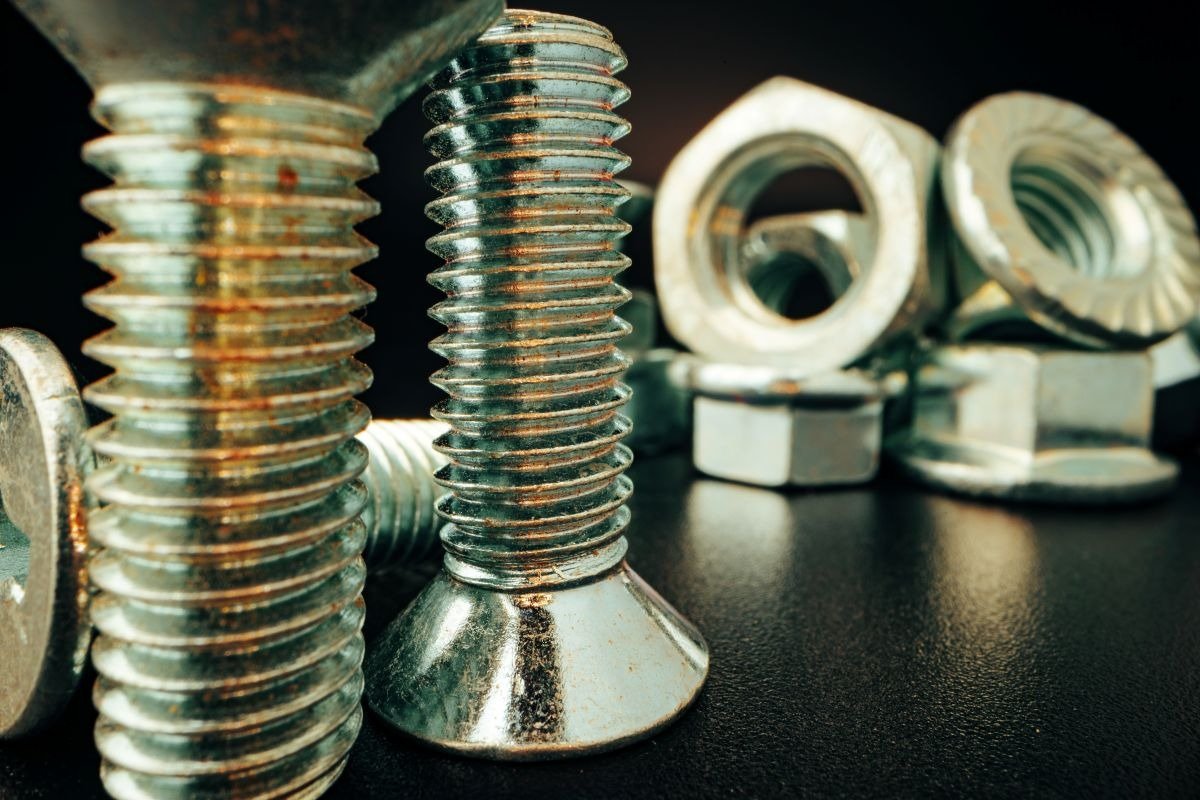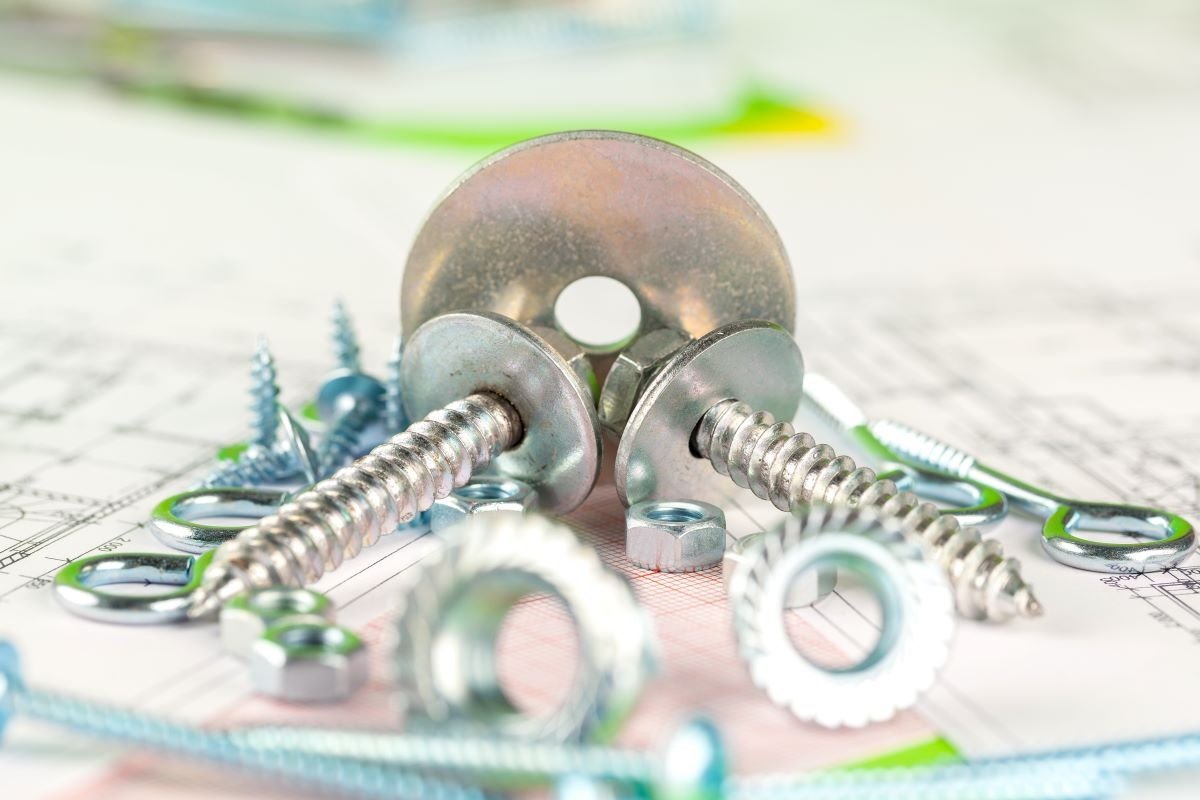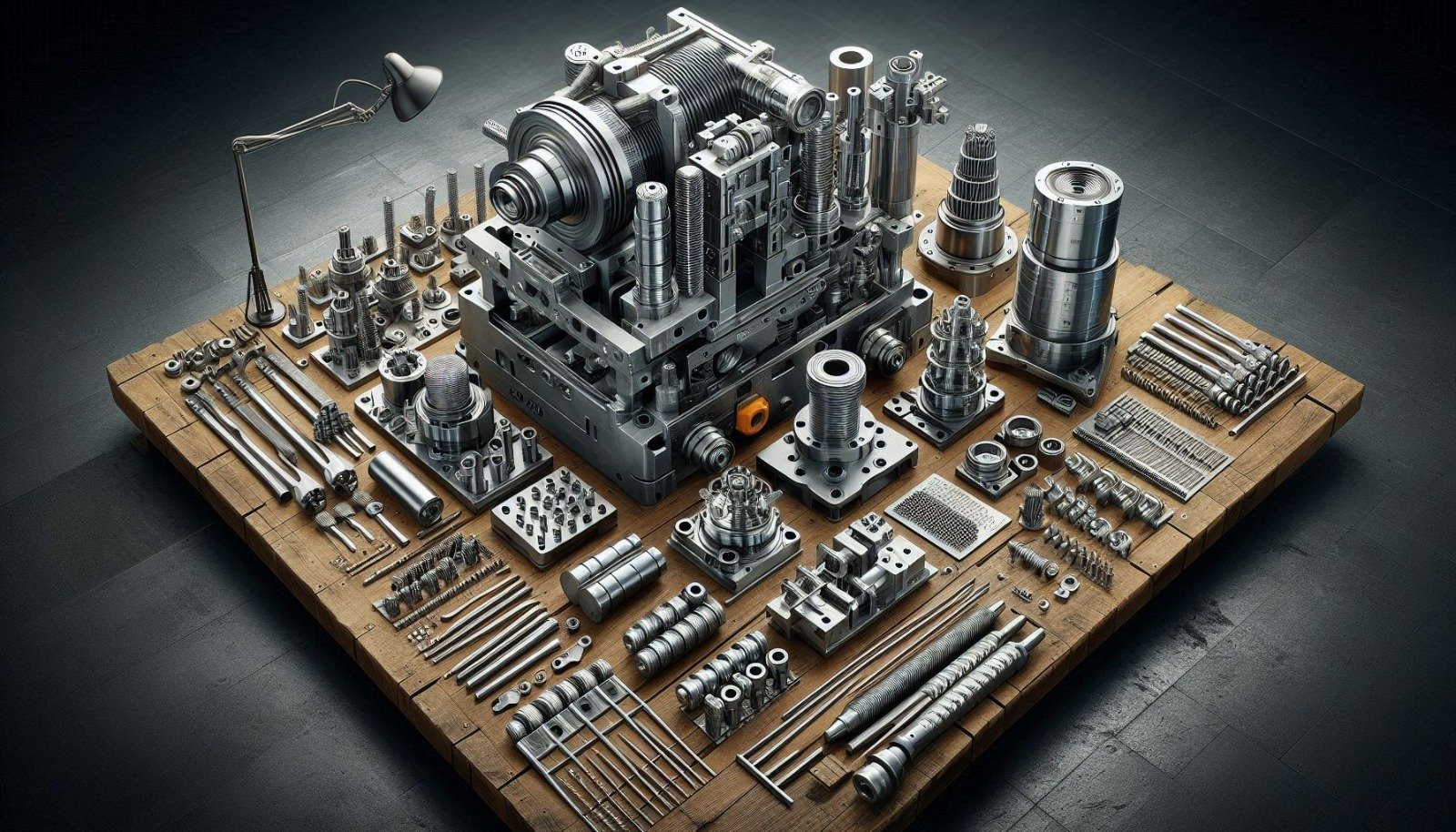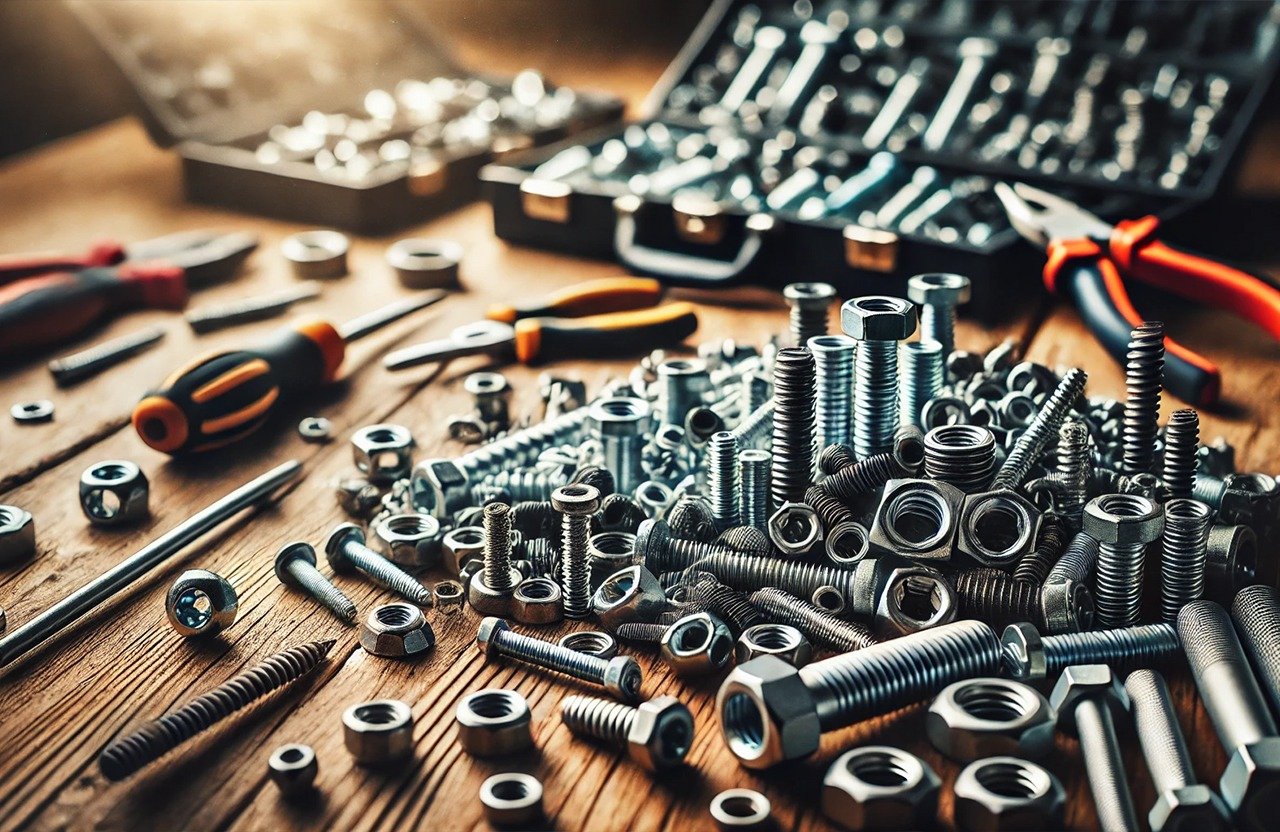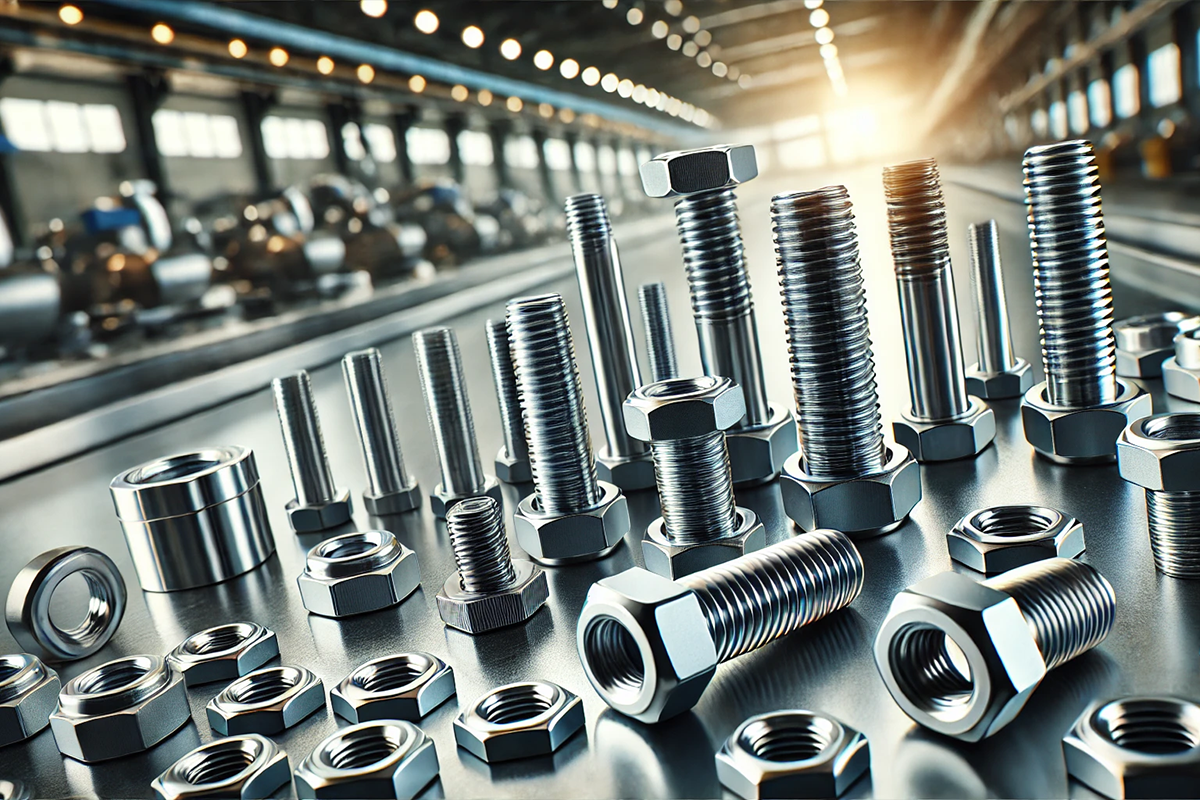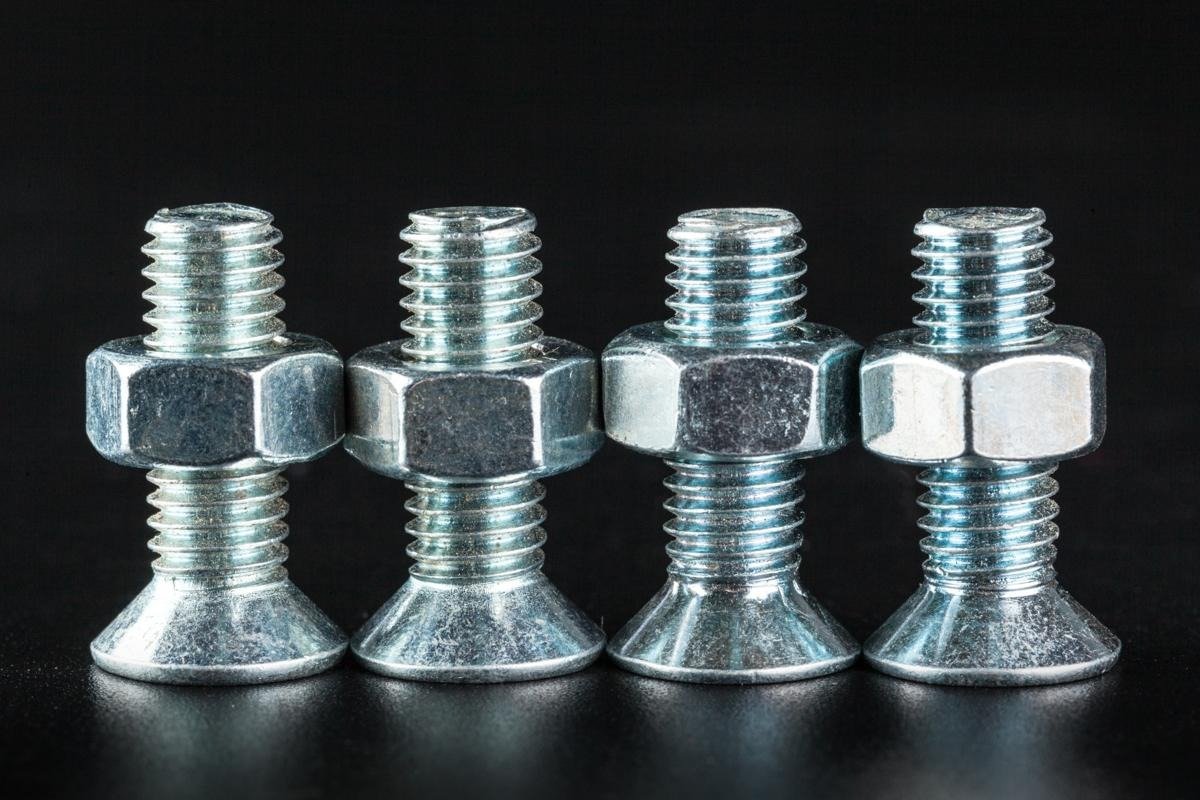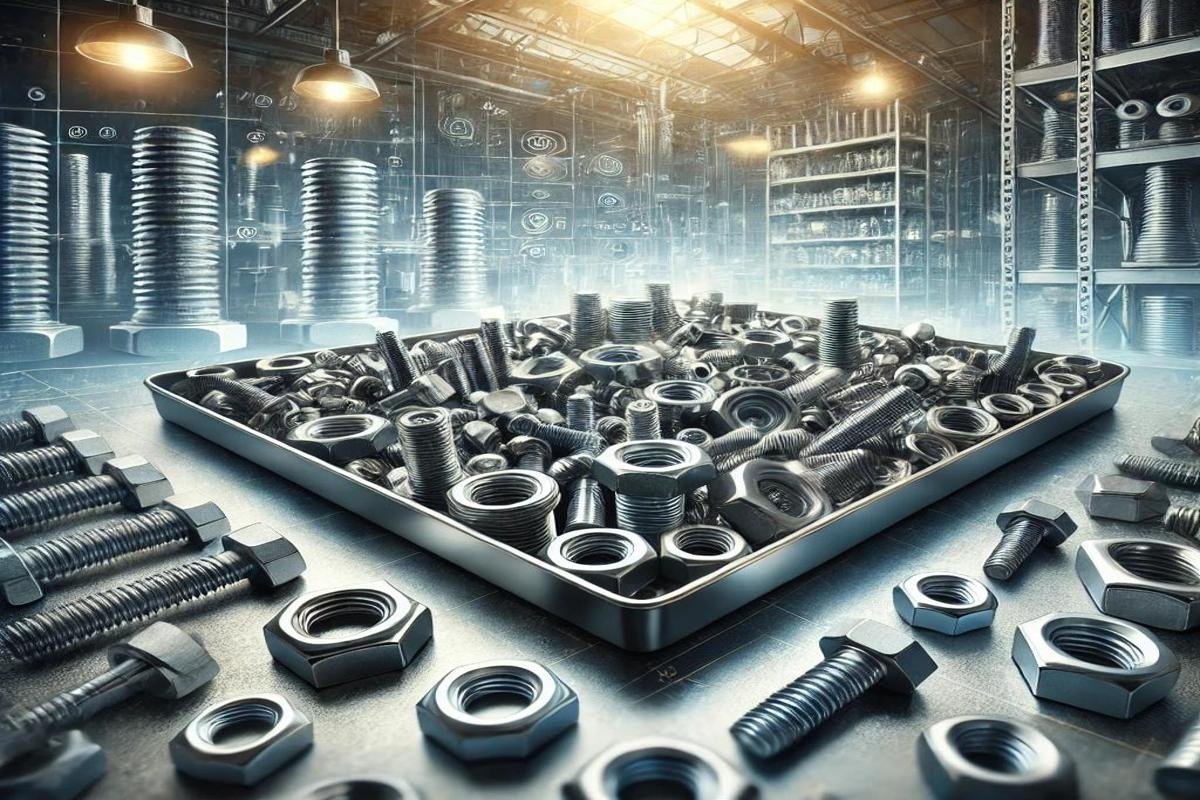Bolt Types Used in the Construction Industry and Their Features
The construction industry is a field that requires
meticulous selection down to the smallest fasteners to ensure the safety and
longevity of structures. At this point, bolt types play a critical role
in ensuring structural integrity. From steel structures to reinforced concrete
systems, from roof connections to prefabricated buildings, different bolt
types are used at every stage.
What Are the Bolt Types Used in the Construction Industry?
We can summarize the bolt types used in the construction
industry and the features that make them stand out as follows:
Metric Bolts
Metric bolt types are among the most commonly used
fasteners in the construction sector. Known for their standard sizes and
millimetric thread designs, these bolts are especially preferred in steel
construction systems. Manufactured in accordance with DIN and ISO standards, metric
bolt types are classified based on their tensile strength classes (such as
8.8, 10.9, 12.9), corresponding to different load-bearing capacities. For
example, using bolts with a 10.9 strength grade in a bridge project is crucial
for resistance against dynamic loads.
High-Strength Bolts
In construction projects involving heavy loads—such as
bridges, cranes, and industrial facilities—high-strength bolts are used. These
bolts offer greater tensile resistance compared to regular bolts and are
usually made of heat-treated steel. They are protected against corrosion with
special coatings (e.g., hot-dip galvanization). Among bolt types and usage
areas high-strength bolts are among the most critical, as they can perform
without deformation even under sudden impact loads.
Anchor Bolts
In reinforced concrete structures, anchor bolts are used to
secure steel elements to concrete. These bolts are embedded into the concrete,
essentially integrating with the structure. They can be manufactured with
straight ends or bent in L or J shapes. Especially in column base connections,
machine footings, and industrial floors, anchor bolts are indispensable among special
bolt types. When used with epoxy or chemical anchoring systems, they
provide highly reliable connections against tensile and shear forces.
Stainless Steel Bolts
In humid and aggressive environments such as seaside
structures, pool areas, or chemical plants, stainless steel bolts are
preferred. Produced in AISI 304 or AISI 316 grades, these bolts are known for
their resistance to oxidation. In glass façade systems or decorative metal
works—where aesthetics also matter—stainless steel bolts stand out among bolt
types names, offering both visual and technical satisfaction.
Custom-Designed Bolts
Some construction projects may require technical
specifications that standard bolts cannot meet. In such cases, special bolt
types come into play. Examples include titanium alloy bolts for
long-lasting structures, heat-resistant bolts for high-temperature
environments, or seismically enhanced bolts for earthquake zones. Bolt types
and usage areas can be customized according to project-specific needs.
Special bolts are manufactured based on engineering calculations and are
optimized in terms of size, thread structure, or material to meet project
demands.
How to Choose the Right Bolt?
The most important factors to consider when selecting bolt
types for a construction project are environmental conditions, the type of
load to be carried, and the structure’s lifespan. Choosing the wrong bolt can
lead to loosening, corrosion, or sudden breakage over time. Therefore, during
the technical purchasing process, the focus should be not only on price but
also on quality and suitability.
In conclusion, the bolt types used in the construction
industry and their characteristics are an indispensable part of building
safety. Choosing the right fasteners is one of the most critical engineering
decisions to ensure a building's durability. Our company supports every stage
of your construction projects with a wide range of bolt types names and
technical expertise in industrial product supply.


